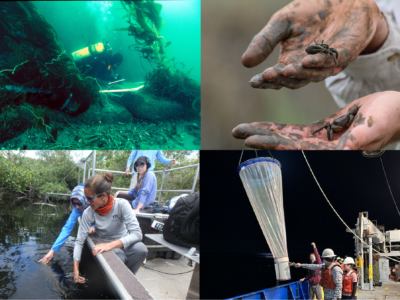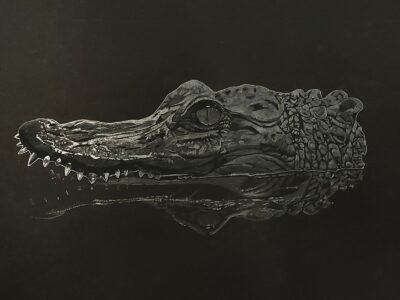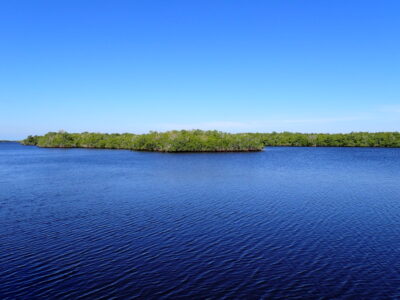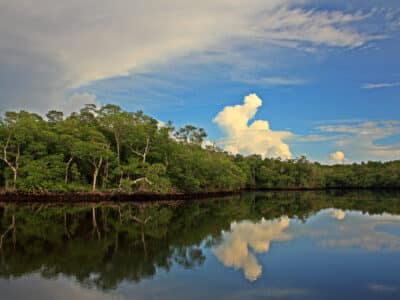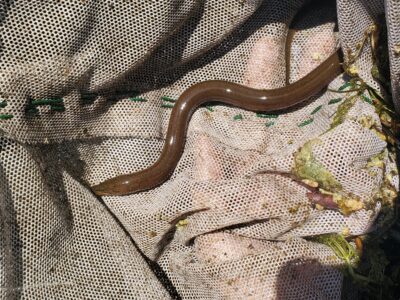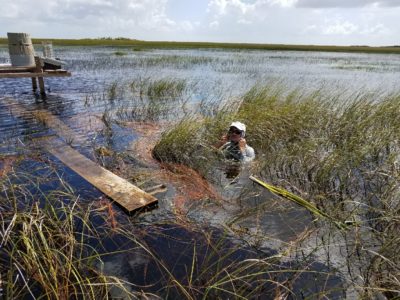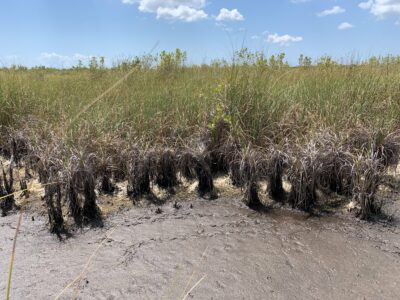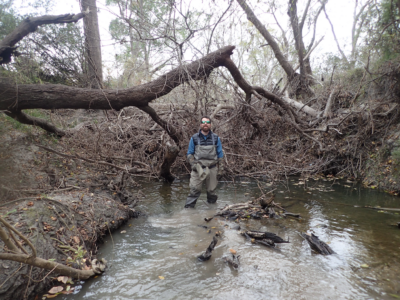Three new SPARC Synthesis Groups demonstrate the value of long-term data collected across ecosystems
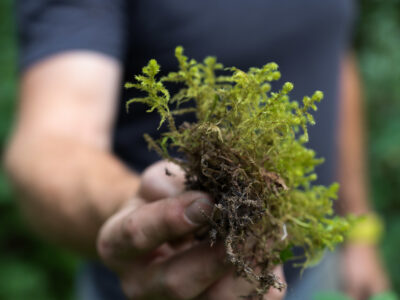
The LTER Network Office is excited to announce that three Scientific Peers Advancing Research Collaborations (SPARC) proposals were funded this year. The three groups will meet in person at the National Center for Ecological Analysis and Synthesis for one week, starting in the fall.

